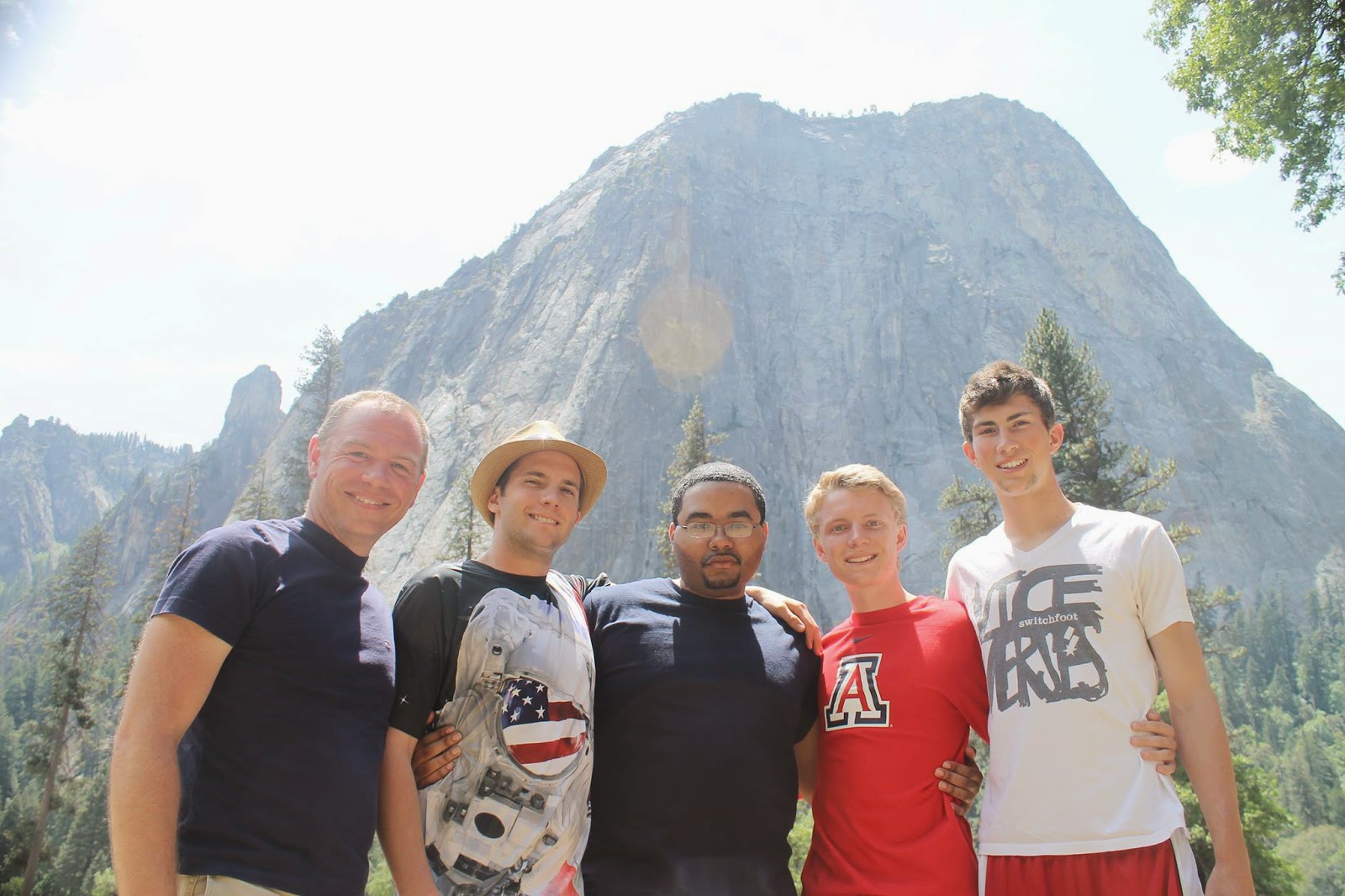When Desire2Learn was adopted at EIU, the Department of Special Education began offering its first course to employ a hybrid model. Since then, special education professor Melissa Jones-Bromenshenkel has utilized D2L, along with other online resources, to implement a cohort-style hybrid model for her Special Education graduate course.
 |
| D2L Course Site |
“Using technology allows the candidates to have a quality learning experience while making the most efficient use of their limited time,” stated Jones-Bromenshenkel.
 |
| Using LiveBinder |
 |
| Using Porta Portal |
The Special Education graduate-level course being merged into the online model is called Assessments, Programs and Services for Students with Exceptionalities and English Language (SPE 5675). The course relies heavily on Desire2Learn, but also incorporates other online tools – like Porta Portal, Evernote, Pinterest, and LiveBinder – to compile an “electronic resource” file for candidates to use in their future roles as administrators or teacher leaders. The file can include online modules, YouTube videos, websites and much more. SPE 5675 is offered to students enrolled in Education Leadership cohort programs in Decatur, Champaign, and Mt. Vernon.
 |
| Using Pinterest |
The hybrid course has been very beneficial for future school administrators across the State of Illinois, but, as with many new experiences, there are bumps. Dr. Jones-Bromenshenkel added: “Student feedback, professional development, and trial and error have helped the course evolve and I plan to continue revising and enhancing it as new technologies and information become available.”
For more information on the hybrid Special Education graduate course, contact Dr. Melissa Jones-Bromenshenkel, via email: mljones2@eiu.edu.










